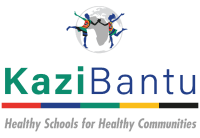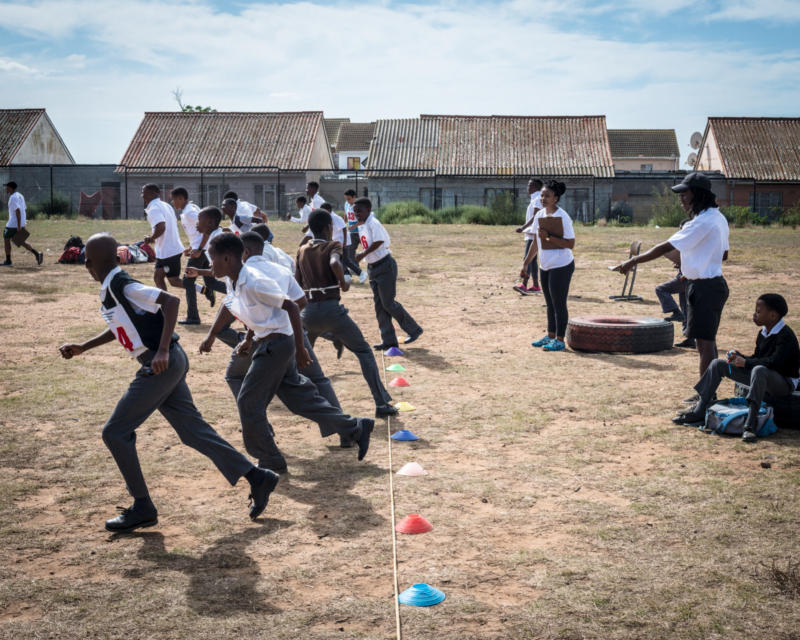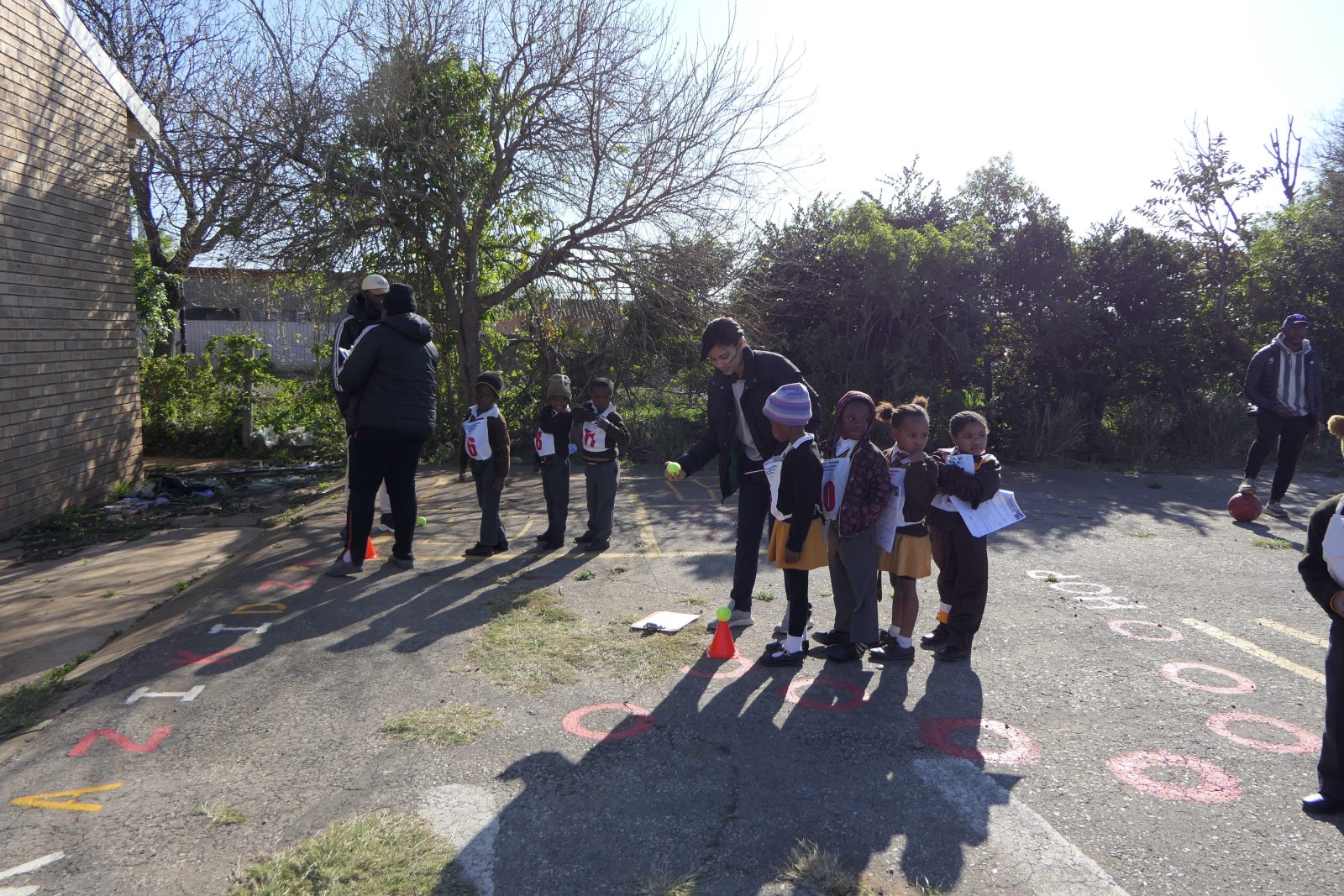Generally, conducting research on public health is very much about gathering numerical data: blood pressure (148/78 mmHg), body weight (83 kg), physical activity (45 minutes per day), worm infections (384 eggs present per gram feces), and many, many more.
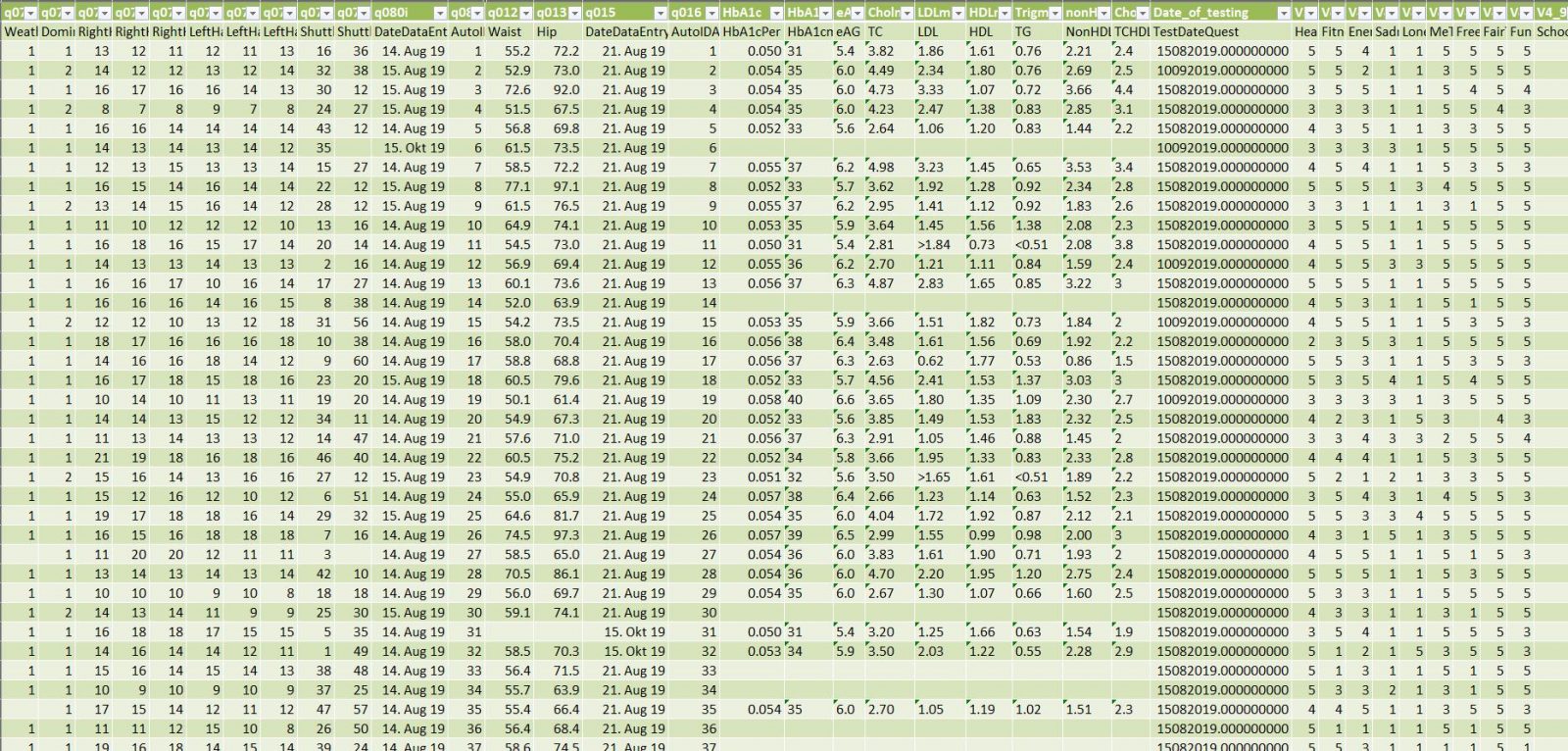
Figure 1: Public health data can end up looking like endless rows filled with never ending numbers.
Seemingly endless rows of data from various measurement time points ultimately allow us to draw connections between measures and investigate the best possible way to intervene. Ultimately trying to get closer to our goal: promoting health and wellbeing among learners and teachers in under resourced school settings.
But life can’t always be adequately described by just numbers. Have you ever considered numbers before you went for that super early morning run? While it’s still dark outside. And raining. There’s more to daily decisions and habits than meets the numerical eye.
If we, as KaziBantu research group, only think of numbers and numerical connections, we would miss a lot of information from the participants we work with. We will miss information like the effect of participants’ habits, challenges faced by the participants, participants’ thoughts and feelings – to name but a few.
This is in turn the reason why Focus Group Interviews (= structured open discussions) are such an important source for uncovering all of the information behind the numbers. As part of the KaziBantu sustainability study, these interviews are being conducted with teachers, that have been using the KaziKidz toolkit, as well as parents of children who have been participating in the programme over the past two years.
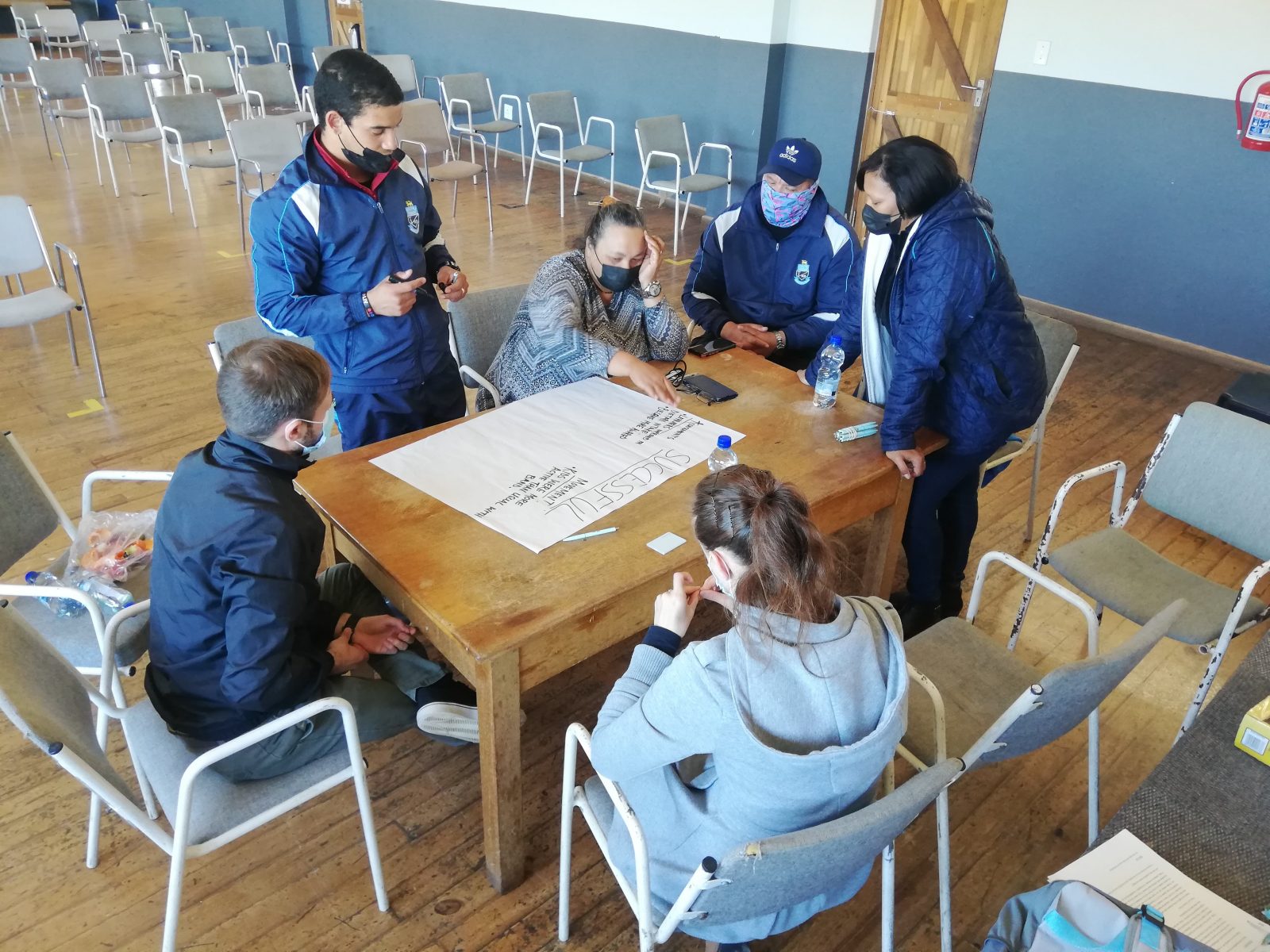
Figure 2: Interview with teachers using the KaziKidz toolkit to gain a deeper understanding of it’s use and impact.
These interviews will shed more light on the practicality and impact of the toolkit’s implementation at the schools. And this in turn allows us to gain a better understanding of the challenges experienced by teachers and children, leading the way to improve the delivery of the KaziBantu programme to schools.
You can read more about the KaziBantu sustainability study here
